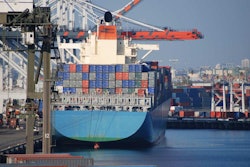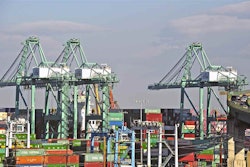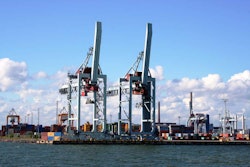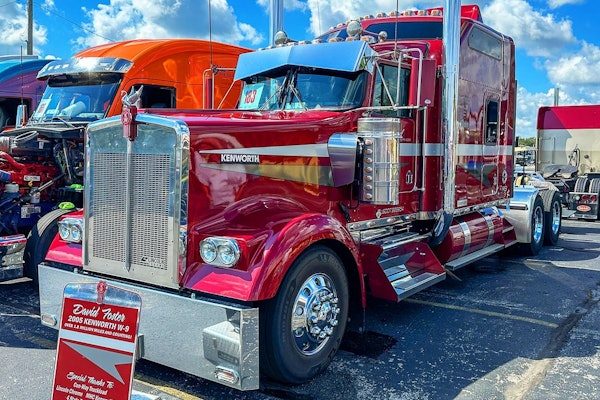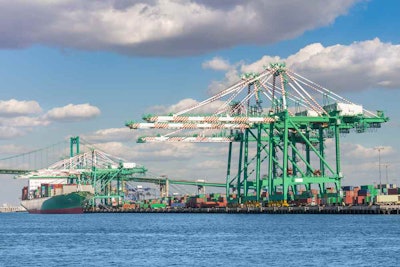
On Feb. 14, President Obama said Perez would participate in negotiations between the Pacific Maritime Association and the International Longshore and Warehouse Union. The past seven weeks, a federal mediator has been involved in negotiations the PMA and the ILWU began in May.
The association representing port employers suspended dockworker assignments to ships the past two weekends. It said did not want to pay holiday and weekend wages for work slowdowns it says amounts to a strike since October.
The union, however, says the gridlock stems from operational issues.
On Feb. 17, the Marine Exchange of Southern California reported 32 ships waiting to anchor at Los Angeles and Long Beach ports — down one freighter since the day before, according to the non-profit marine commerce organization.
That day, the Port of Oakland reported importers had begun diverting containerized cargo to gateways outside the U.S. West Coast. “With a decline in productivity and a breakdown in vessel schedules at all U.S. West Coast ports, cargo volumes are far from normal,” said Oakland Maritime Director John Driscoll.

Government and business leaders blame the dispute for Hanjin’s recent decision to pull out of the Port of Portland. The Korean shipping giant is responsible for the majority of the Oregan port’s container traffic.
The issue prompted the California Trucking Association to ask for the Intermodal Association of North America to intervene on behalf of truckers.
The CTA says they should not have to pay late fees when the delays were created by the dispute. Congestion has prevented and delayed import pickups, return of empty containers and export loads.
“Truckers are being charged late fees by the very same parties in the middle of the dispute,” the association wrote. “That’s like a car rental company charging extra days for a rental because their lot is too full to accept a return.”
Their Feb. 6 letter was signed by the Harbor Trucking Association and the Intermodal Motor Carriers Conference of the American Trucking Association.
